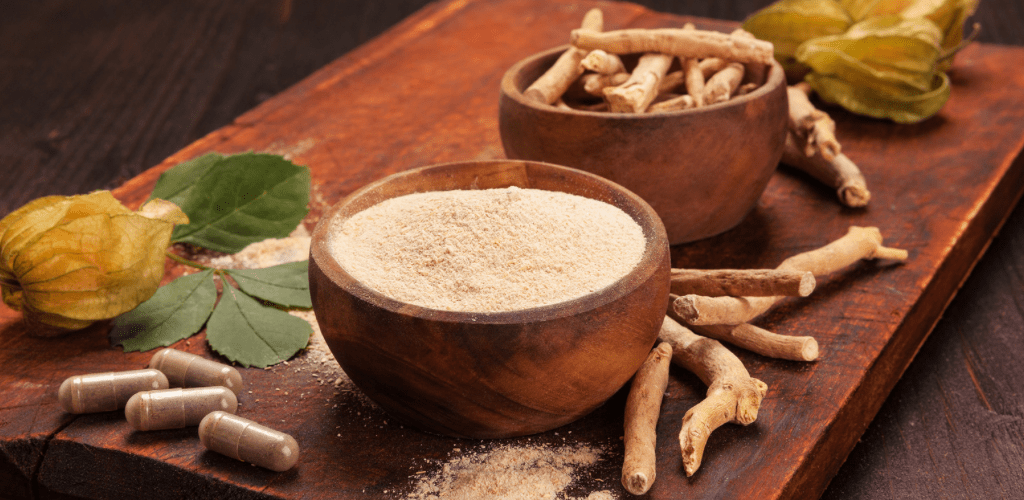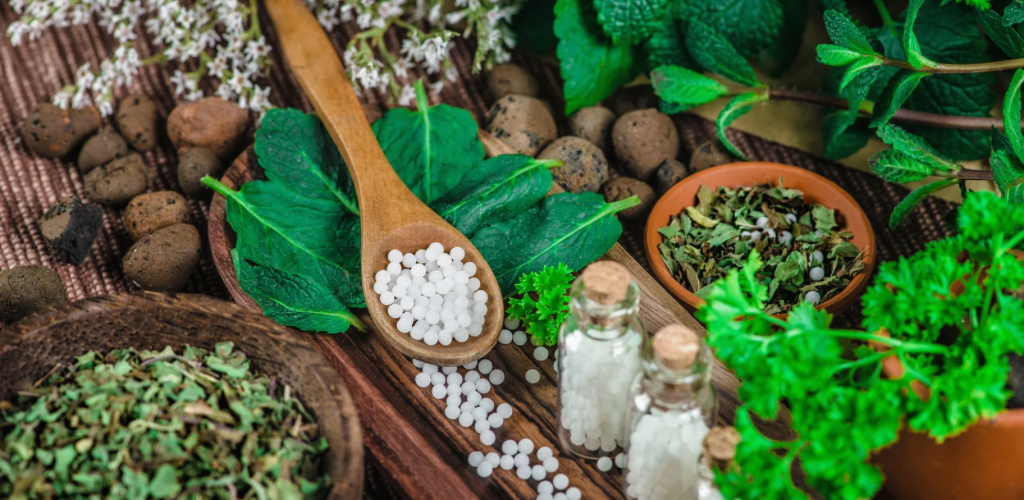Dealing with constipation can be uncomfortable, but there are natural remedies that can offer relief without the need for harsh medications. In this article, we’ll explore some effective strategies to help you overcome constipation and promote a healthier digestive system.
1. Increase Fiber Intake
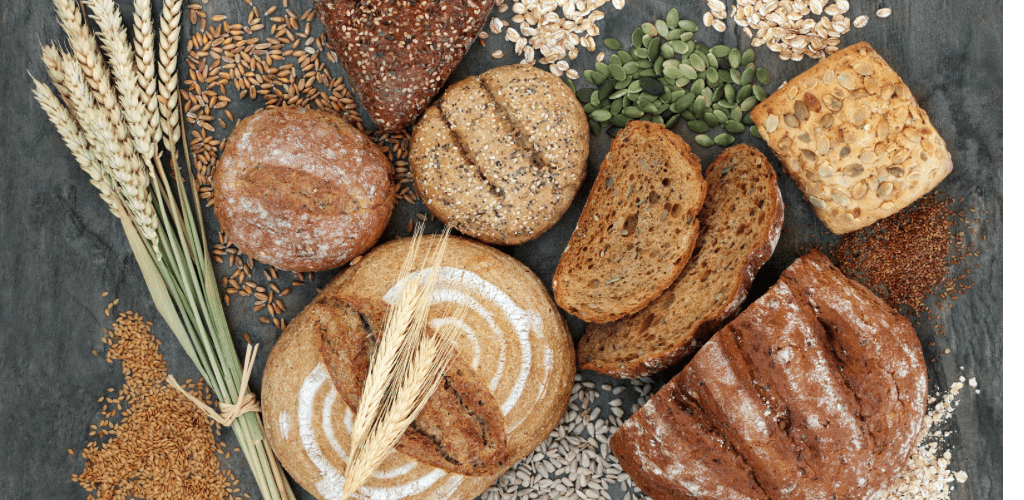
One of the most common causes of constipation is a lack of fiber in the diet. Fiber adds bulk to the stool and helps promote regular bowel movements. Incorporate more fiber-rich foods like fruits, vegetables, whole grains, and legumes into your meals.
- Include fresh fruits such as apples, bananas, and berries in your daily diet. These fruits are rich in fiber and can aid in digestion.
- Eat a variety of vegetables like broccoli, spinach, and carrots, as they are packed with fiber and essential nutrients.
- Replace refined grains with whole grains like oats, quinoa, and brown rice. These provide a good amount of fiber to keep your digestive system on track.
- Legumes such as lentils, chickpeas, and black beans are excellent sources of fiber. Try adding them to soups, salads, or as a side dish.
2. Stay Hydrated

Hydration is key for maintaining a healthy digestive system. Drinking an adequate amount of water throughout the day helps soften the stool and makes it easier to pass. Additionally, herbal teas can also be beneficial in promoting digestion.
- Aim to drink at least 8 cups (64 ounces) of water per day. Carry a water bottle with you to remind yourself to stay hydrated.
- Herbal teas like peppermint, ginger, and chamomile have soothing properties that can help relieve constipation. Enjoy a cup after meals or whenever you feel the need to relax and support your digestive system.
3. Regular Exercise

Physical activity stimulates bowel movements and promotes overall gut health. Including regular exercises like walking, jogging, or yoga into your routine can keep your digestive system active.
- Take a brisk walk after each meal to encourage healthy digestion. This gentle exercise can help move things along in your gut.
- Engage in activities like yoga or Pilates that promote gentle stretching and movement of the abdominal muscles. These exercises can help stimulate bowel movements and relieve constipation.
- Make time for regular exercise, aiming for at least 30 minutes of moderate-intensity activity most days of the week. Consult with your healthcare provider to determine what exercises are suitable for you.
4. Probiotics
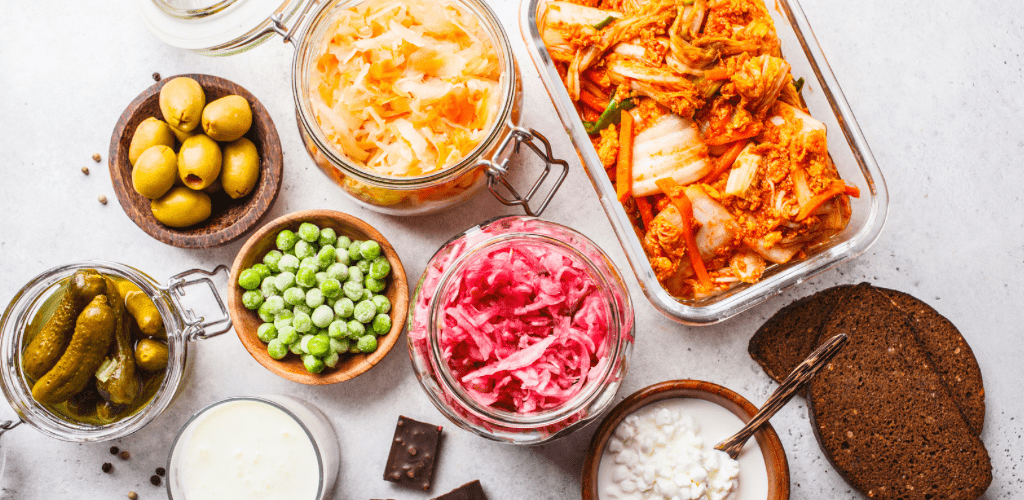
Introducing probiotic-rich foods into your diet can help maintain a healthy balance of gut bacteria, which in turn contributes to smoother digestion.
- Incorporate yogurt into your daily routine. Look for brands that contain live and active cultures to ensure you are getting the full benefit of probiotics.
- Fermented foods like kefir, sauerkraut, and kimchi are also excellent sources of probiotics. Experiment with adding these foods to your meals or enjoying them as a side dish.
- Consider taking a high-quality probiotic supplement if you struggle to include enough probiotic-rich foods in your diet. Consult with a healthcare professional for personalized recommendations.
5. Healthy Fats

Including sources of healthy fats in your diet can help lubricate the intestines, making it easier for stool to pass through.
- Avocados are a delicious source of healthy monounsaturated fats. Add slices to salads, spread on toast, or blend into a smoothie for a creamy and nutritious addition to your diet.
- Nuts like almonds, walnuts, and cashews are not only a good source of healthy fats but also provide fiber. Snack on a handful of nuts or incorporate them into your meals for added nutrition.
- Use extra virgin olive oil as a primary cooking oil. Its monounsaturated fats are not only heart-healthy but can also support a healthy digestive system.
6. Prunes and Prune Juice
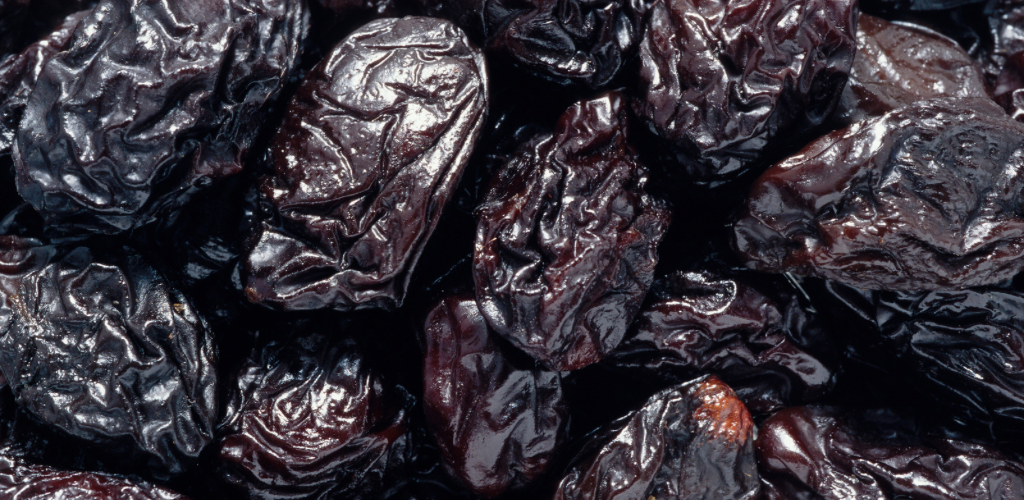
Prunes are a natural remedy known for their mild laxative effect. Consuming prunes or drinking prune juice can help soften stools and encourage bowel movements.
- Start by consuming a few prunes per day and gradually increase the quantity if needed. Include them as a snack or add them to recipes for a touch of natural sweetness.
- Prune juice is another option. Drink a small glass of prune juice in the morning or before going to bed to help alleviate constipation.
7. Establish Regular Bathroom Habits

Try to establish a consistent bathroom routine. Setting aside time each day for a bowel movement and not ignoring the urge when it comes can contribute to maintaining healthy bowel habits.
“Listen to your body and respond to its signals. Ignoring the urge to go can lead to a buildup of stool and make constipation worse.” – Gut Health Expert
Conclusion
By incorporating these natural remedies into your lifestyle, you can take a gentle approach to alleviate constipation and promote a healthier digestive system. Remember to personalize your approach and consult with a healthcare professional if constipation persists or becomes severe. These tips are a great starting point for improving gut health, but everyone’s needs are unique.
Remember, water and fiber are your digestive system’s best friends. Stay hydrated, eat a fiber-rich diet, and listen to your body’s signals. Your gut will thank you for it!
Ref: Medical News Today, Cleveland Clinic


